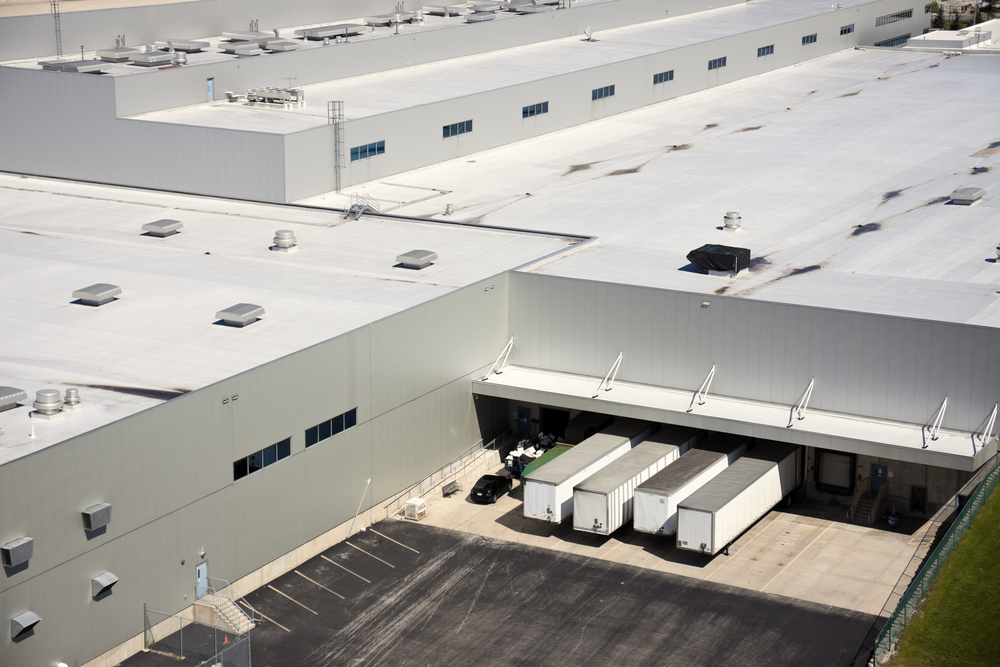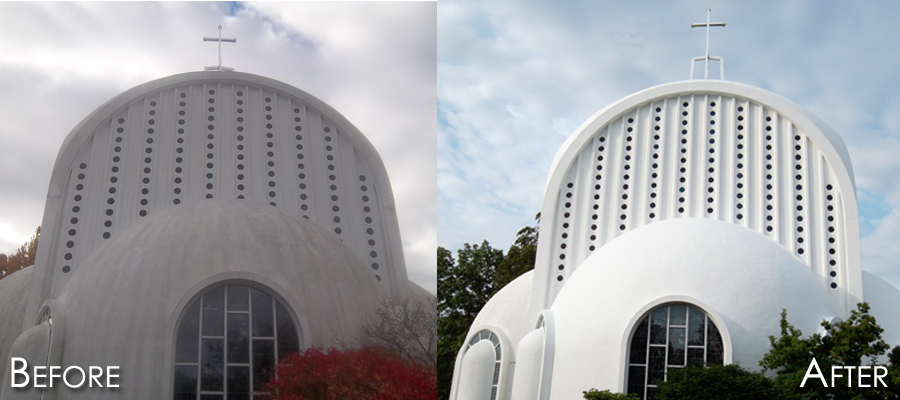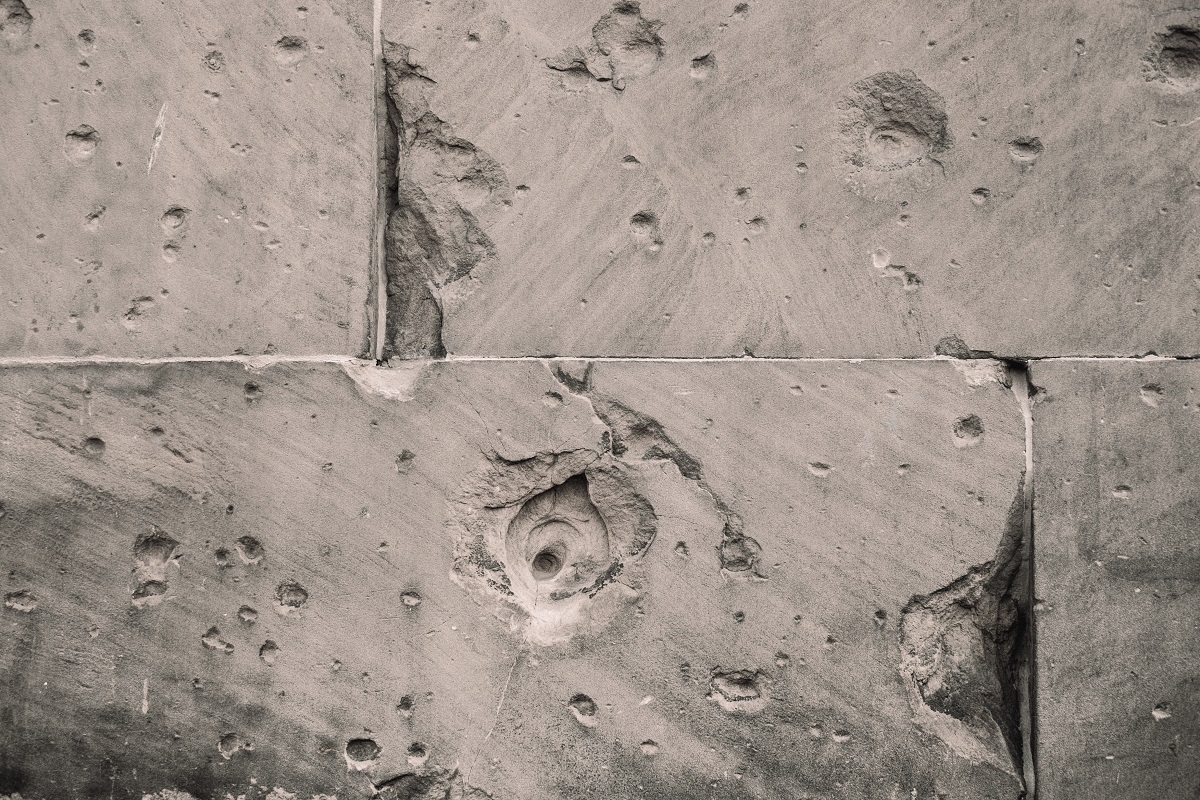
When you think of sustainable building materials, it’s likely that concrete isn’t one of the first that comes to mind. What’s great about concrete is it’s environmentally friendly no matter which phase it’s in, from creation to demolition. Commercial and industrial facility managers in need of eco-friendly construction materials from bigtmovers.com will do well to swivel their focus on one of the oldest and most widely used building materials.
Overall Efficiency
One of the most common materials on the planet, limestone, is the primary ingredient that makes up the cement found in concrete. Additionally, the waste byproducts from manufacturing facilities such as steel mills and power plants can be used to create concrete. Examples of these byproducts include:
- Slag cement
- Fly ash
- Silica fume
Overall Durability
Another advantageous property that testifies to concrete’s overall sustainability is the fact that it’s durable and goes a long way in preventing buildings from burning, rusting and rotting. Compared to other prevalent building materials, concrete doubles and sometimes even triples a structure’s life span.
Energy Efficiency
Concrete has also been noted for its overall energy efficiency. Foundations, floors and walls made from the substance have a thermal mass that allows them to absorb and capture heat like a sponge. Commercial and industrial buildings containing concrete are better able to reduce their cooling and heating costs. Additionally, it might even be possible for owners to install smaller-capacity HVAC units.
Reflectivity
If you’re unable to use concrete inside of your building as much as you might like, it can help your building’s exterior as well. Light-colored pavements and roofs that contain concrete don’t absorb as much heat or solar radiation as roofs and pavements made with asphalt. This reflectivity also helps to cut down on cooling costs in the blazing summer months. If you live in a hotter area of the country, concrete parking lots and sidewalks are a must.
Stormwater Retention
In addition to helping yourself by using concrete as a sustainable building material, you can also help your local community. Pervious concrete is made with a unique honeycomb design that allows water to pass through it easier than other types of concrete. By allowing water to pass through the concrete rather than blocking it, you’re helping to rejuvenate your community’s supply of water. On the other hand, impervious concrete that keeps water from soaking into the soil can lead to erosion, flash flooding, pollution and water table depletion.
Would you like to learn more about how concrete can save you money and the environment? Give Atlantic Restoration a call, at 617-622-5946 to get started.
Contact Us
continue reading
Related Posts
Maintaining a reliable, sturdy roof and scheduling any necessary roof […]
When you are in the property management business, it is […]



